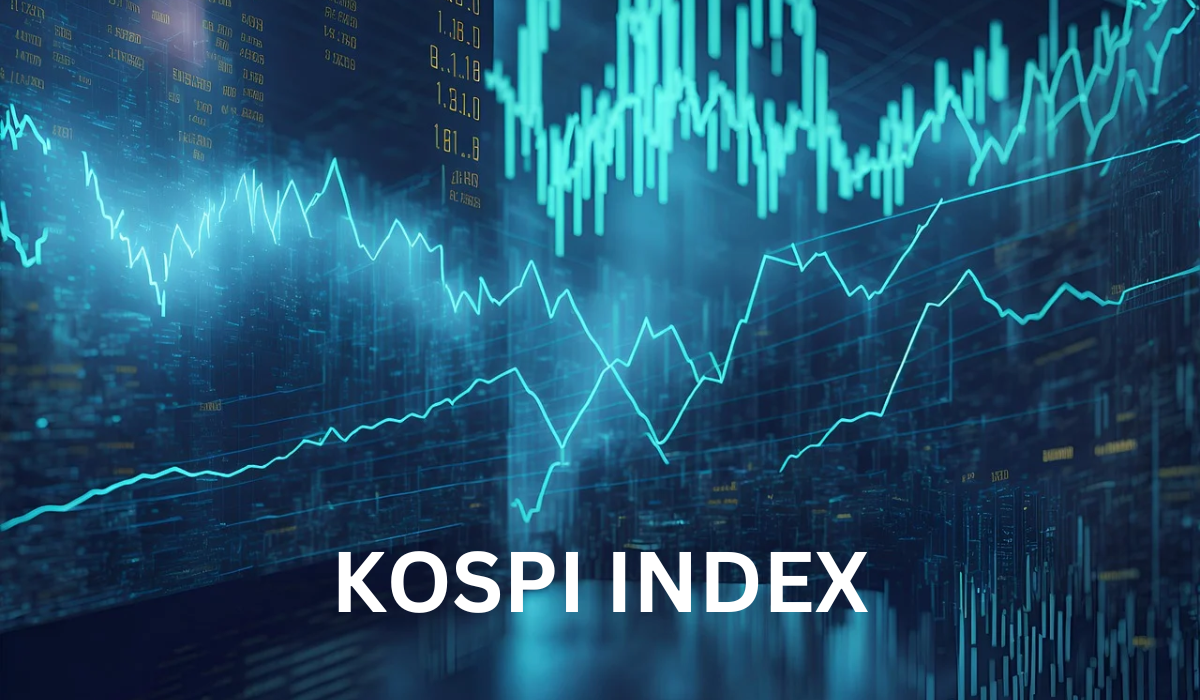Understanding the KOSPI Index: The KOSPI (Korea Composite Stock Price Index) is one of the most significant stock market indices in South Korea, providing a comprehensive view of the country’s equity market performance. Known for its importance among global investors, the KOSPI Index tracks the performance of companies listed on the Korea Exchange (KRX). In this article, we delve into what the KOSPI Index represents, its structure, and why it matters to investors.
What is the KOSPI Index?
The KOSPI Index was introduced in 1983 to reflect the overall performance of the South Korean stock market. It is a market capitalization-weighted index that includes all common stocks traded on the Korea Exchange. The index provides insight into the health of South Korea’s economy and serves as a benchmark for investors looking to track or invest in the region’s equity markets.
Key Features of the KOSPI Index
1. Market Capitalization-Weighted:
The KOSPI Index gives more weight to companies with larger market capitalizations, meaning that changes in the stock prices of major firms significantly impact the index.
2. Diverse Sector Representation:
The index includes companies from various sectors, including technology, finance, manufacturing, and consumer goods, making it a broad representation of South Korea’s economy.
3. Benchmark Status:
The KOSPI is often used as a barometer of South Korean economic performance and is closely monitored by both domestic and international investors.
4. Global Recognition:
Companies listed on the KOSPI, such as Samsung Electronics and Hyundai Motor, are globally recognized, attracting foreign investment.
How is the KOSPI Index Calculated?
The KOSPI Index is calculated using the following formula:
The base market value was set at 100 on January 4, 1980, and it serves as the reference point for all calculations.
Major Companies in the KOSPI Index
Some of the largest and most influential companies in the KOSPI Index include:
1. Samsung Electronics: A global leader in technology and the largest constituent of the index.
2. SK Hynix: A major player in the semiconductor industry.
3. Hyundai Motor: Renowned for its automotive innovations.
4. LG Chem: A leader in chemicals and battery manufacturing.
These companies significantly influence the index due to their large market capitalizations.
Why is the KOSPI Index Important?
1. Economic Indicator:
The performance of the KOSPI Index is often viewed as a reflection of South Korea’s economic health. A rising index typically indicates investor confidence and economic growth, while a declining index may signal economic challenges.
2. Investment Decisions:
For both retail and institutional investors, the KOSPI serves as a critical tool for making informed investment decisions.
3. Foreign Investment:
The KOSPI Index attracts significant foreign investment, as global investors seek exposure to South Korea’s dynamic and export-driven economy.
Tracking the KOSPI Index on Moneycontrol
For investors seeking real-time updates and in-depth analysis of the KOSPI Index, Moneycontrol is a reliable platform. It provides:
Live Updates: Track real-time movements of the KOSPI Index.
Historical Data: Analyze past performance trends.
Company Insights: Detailed information about constituent companies.
Market Analysis: Expert opinions and forecasts.
Tips for Investing in the KOSPI Index
Understand the Market: Before investing, familiarize yourself with South Korea’s economic landscape and the sectors represented in the index.
Diversify Investments: Consider diversifying your portfolio to mitigate risks associated with market volatility.
Stay Updated: Use platforms like Moneycontrol to stay informed about market trends and news affecting the KOSPI Index.
Consult Experts: Seek advice from financial advisors for tailored investment strategies.
